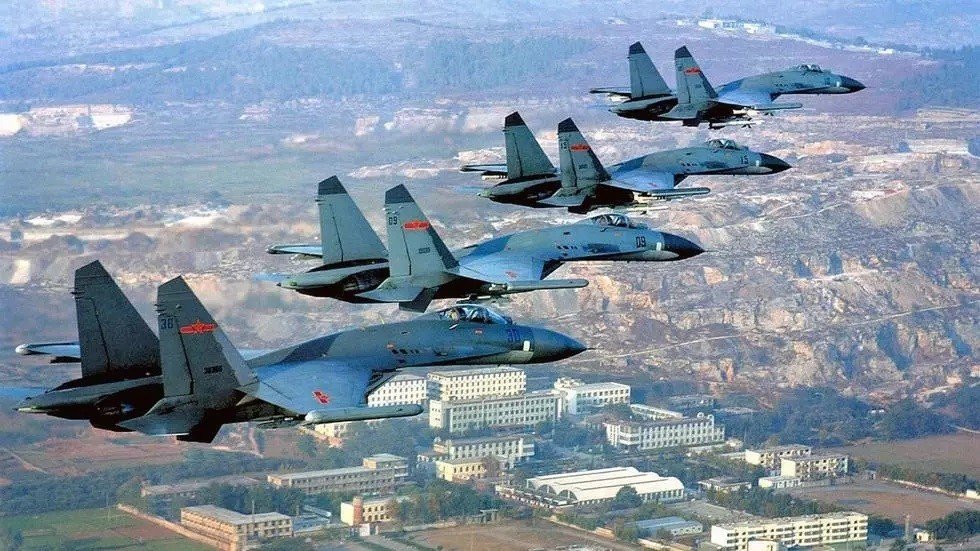Story at a glance…
-
Anonymous sources told Reuters that the U.S. was considering a sanctions package to deter China.
-
US or UN Sanctions for deterrence have never stopped a nation from acting aggressively.
-
Unlike sanctions on Russia, a broad interruption of economic activity with China would severely damage the U.S. economy.
According to anonymous officials, the Biden Administration is considering a sanctions package to “deter” China from aggressive action against Taiwan.
Sources claimed pressure was mounting on the White House and Congress by Taipei lobbyists, and that equal measures were being pushed in the EU.
After Speaker of the House Nancy Pelosi’s unproductive trip to Taiwan was undertaken despite Chinese diplomats urging against it, the Chinese government produced several responses.
The first was an official white paper that outlined the One China policy as unchanged, apart from the measures China would go to maintain this policy. Previous One China white papers had always mentioned forced unification as the last resort, yet such hesitance was notably absent in the most recent addition, where it simply read that force would be used “if necessary”.
Furthermore, previous editions have said that if Taiwan and China are reunified administratively, no deployment of military would be necessary and then Taiwan can keep its culture and governance—another stipulation left out in the current revision.
Then came some flights of Chinese fighter jets beyond the international sea border between the two countries, which has almost never happened, and the incursion of Chinese unmanned aerial vehicles, which were shot down by Taiwan.
Later in August came the largest military exercises around Taiwan ever seen, performed for “defense” and “blockade” maneuvers.
The U.S. has already sanctioned certain rare aspects of the Chinese economy such as any products that can be traced to the Autonomous Region of Xinjiang, or anything to do with aerospace and defense industries.
But what would happen to the U.S. economy if broader sanctions were applied to China, and would it be possible to prevent them from attempting to reunify the two systems of the One China policy?





